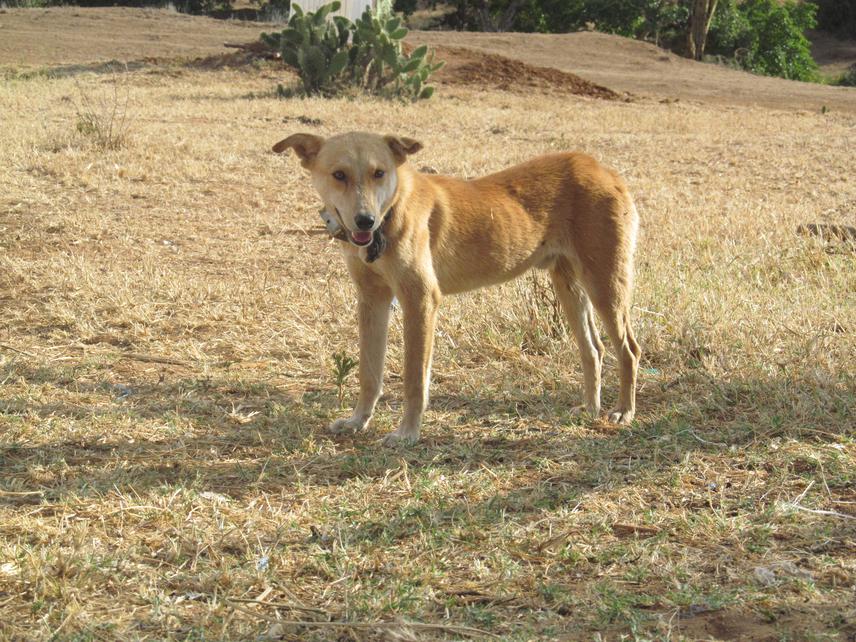Dedan Ngatia
Other projects
27 Jun 2017
Assessing Domestic Dog (Canis familiaris) Demography and Rabies Disease Burden in Rural Communities, Kenya: Implications for Conservation of Wild Carnivores
31 Jan 2019
Protecting Human and Wildlife Health during Political Upheaval: Rabies and Canine Distemper in Rural Kenya
23 Aug 2021
Quantifying Costs and Benefits of Domestic Dogs for Restoration of the Globally Endangered African Wild Dog
15 Oct 2024
Can Phenotypic Plasticity by African Wild Dogs (Lycaon Pictus) Reduce the Impacts of Climate Change?
This project is aimed at investigating variation in movements and behaviour of domestic dogs in Laikipia and to determine the roles performed by domestic dogs and how their movement patterns and spatial ecology are affected by these. This project will as well investigate the parasites and diseases carried by domestic dogs in Laikipia and examine how different behaviour patterns work to influence parasites/diseases richness in domestic dogs.

Understanding the spatial and behavioural ecology of domestic dogs (Canis lupus familiaris) is essential for mitigating diseases transmission between domestic animals and wildlife, especially for large carnivores of conservation concern (e.g., lions and wild dogs). Domestic dogs represent an ecologically important host and reservoir for many wildlife diseases known to impact endangered carnivores (e.g., canine distemper virus and rabies), yet so far, the role of domestic dogs in carnivore disease transmission dynamics in Africa remains extremely limited. Furthermore, there has been a reduced emphasis on examining the roles of diseases as a problem for conservation when compared to other factors such as habitat loss and pollution, despite first-hand knowledge that diseases pose a very serious threat to endangered species. Using GPS tracking devices combined with laboratory analysis of pathogens (e.g., parasites and diseases), I plan to address how the spatial ecology of domestic dogs contributes to disease transmission dynamics for African carnivores of conservation concern.
A total of 40- 50 dogs will be fitted with satellite tracking collars on two communally owned properties located in Laikipia County, Kenya. Faecal material, parasites and blood samples will be collected and analysed to help explain pathogen diversity in dogs. Home ranges and movement patterns will be estimated using kernel density estimators in the program ArcGIS 10.1. Multivariate ANOVA and Shannon-weiner Index will be used to statistically examine patterns resulting from this work. I predict that variation will occur in terms of parasite density and richness in dogs depending on the roles they play within the community (i.e., guard dogs or herd dogs) where similarly, the same will be observed in space use patterns.
This study will provide important information on dog behavior and pathogens which can be implemented to efficiently manage diseases of conservation concern currently threatening carnivore populations in this region. Coordinated efforts with local community leaders will also yield lasting impacts for local people and wildlife via rabies vaccination campaigns, educational outreach and awareness programs. All domestic dogs within the two community ranches will be vaccinated against rabies whereas collaborations are also in place for an educational outreach through community gatherings and awareness programs in schools.